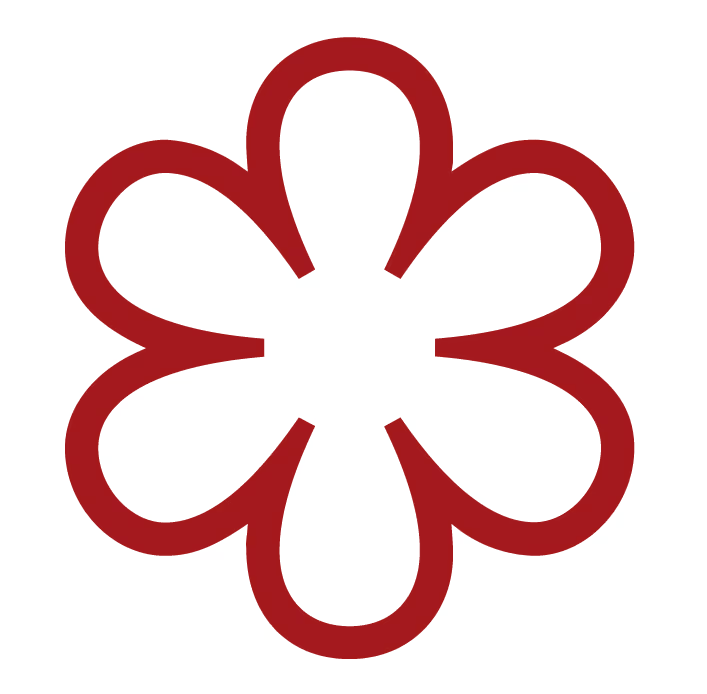.svg)
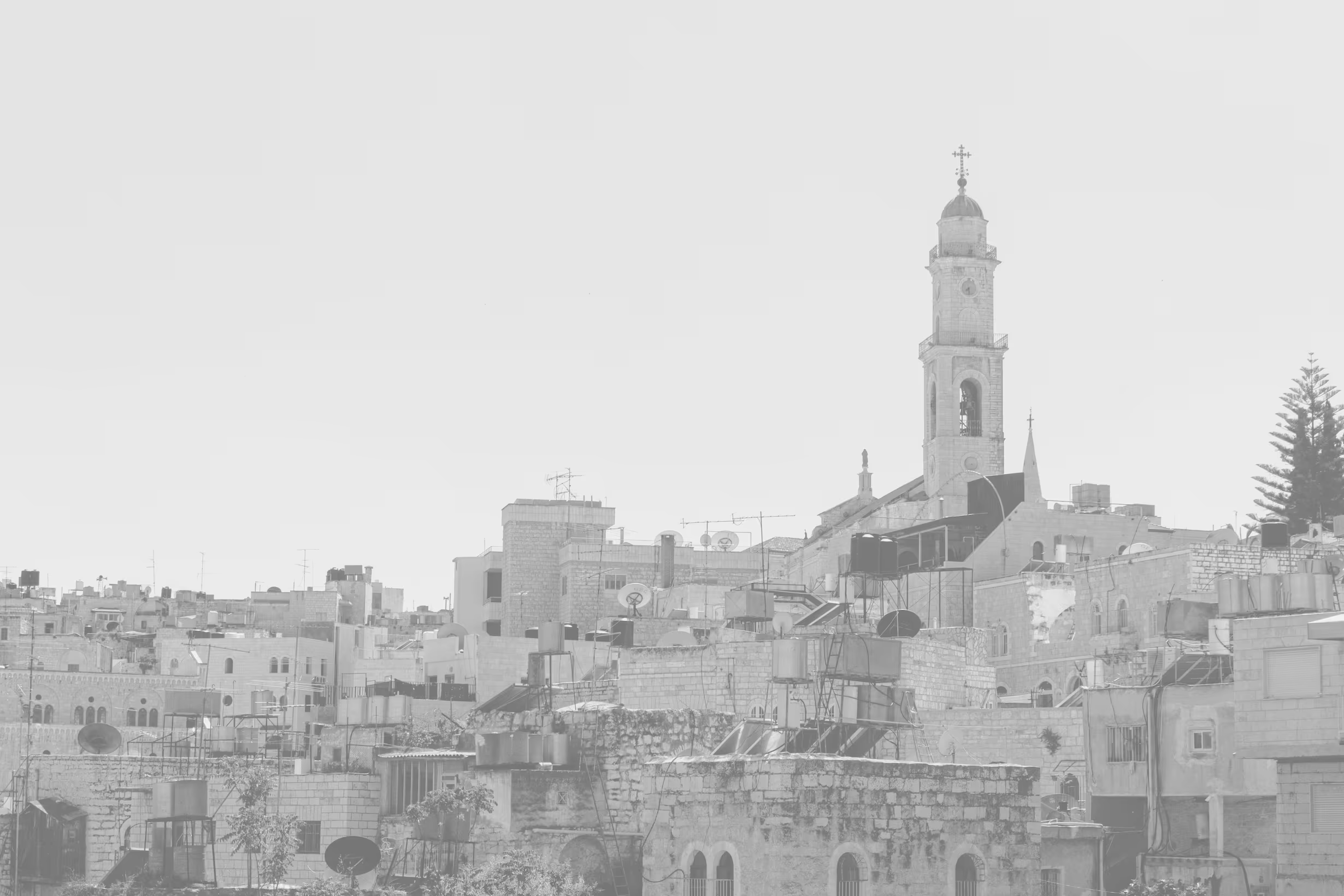
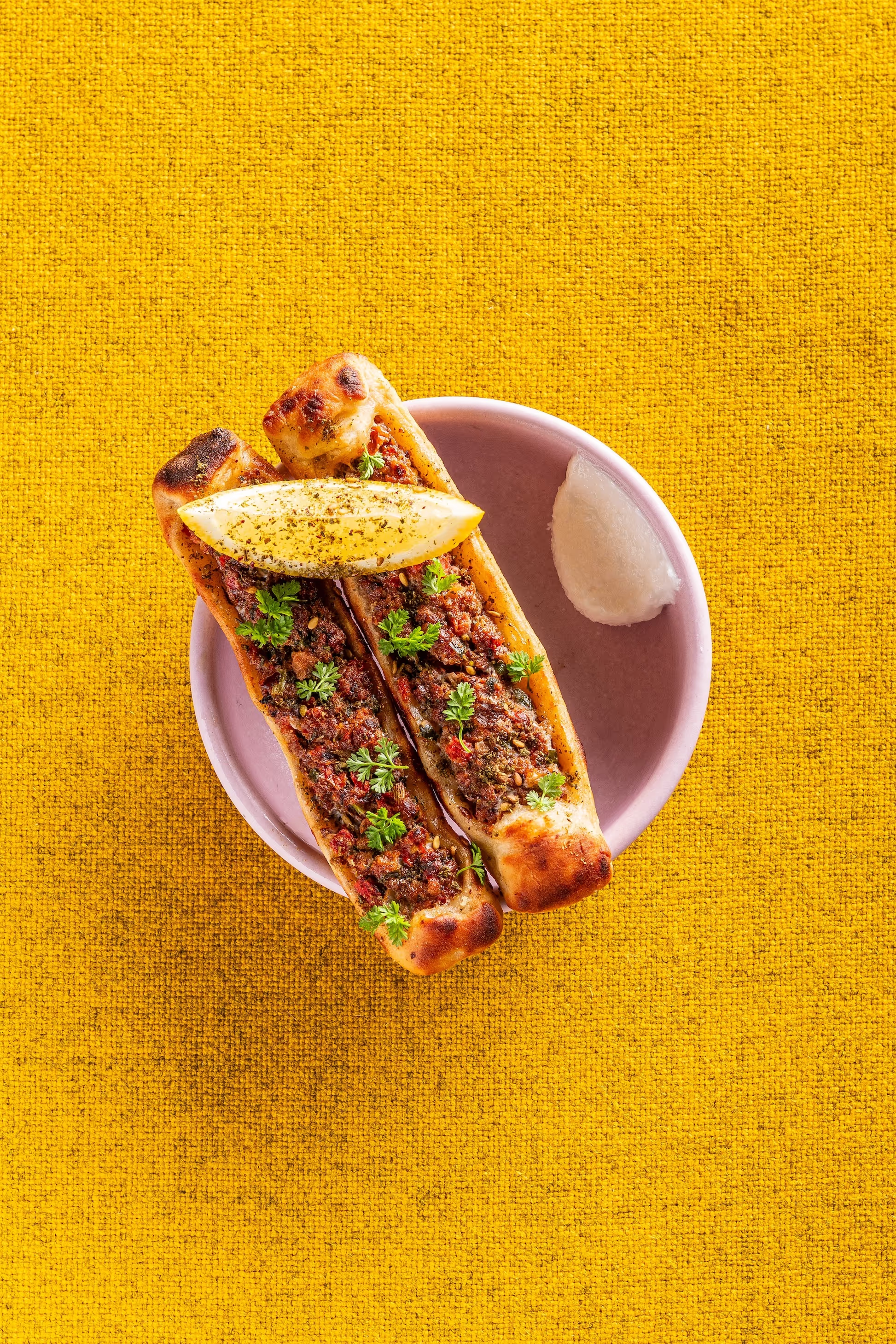
Albi, meaning “my heart” in Arabic, is about connection, to a place on the map, to an idea, to something inherited, and an expression of how those things shape who we become. For Chef Michael Rafidi, food has always been personal - a link to family and tradition. Albi grew out of exploring those connections, and coming to an understanding of how tradition influences our stories, and of how we can shape them ourselves.
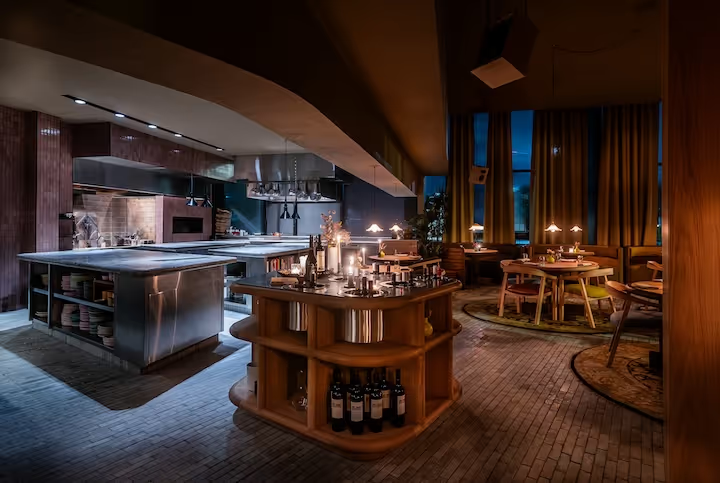
Through his grandparents’ kitchen, cooking built a bridge between Chef Rafidi and his family’s roots in Ramallah, Palestine. Those early years in the kitchen also taught food as a language for expression and narrative. This idea - this storytelling - is at the heart of Albi’s journey. Our Sofra experience, a five-course, spontaneous exploration of Palestinian cooking is a dialogue between the guest and the restaurant. It reflects the kind of hospitality where meals aren’t chosen, they’re offered.
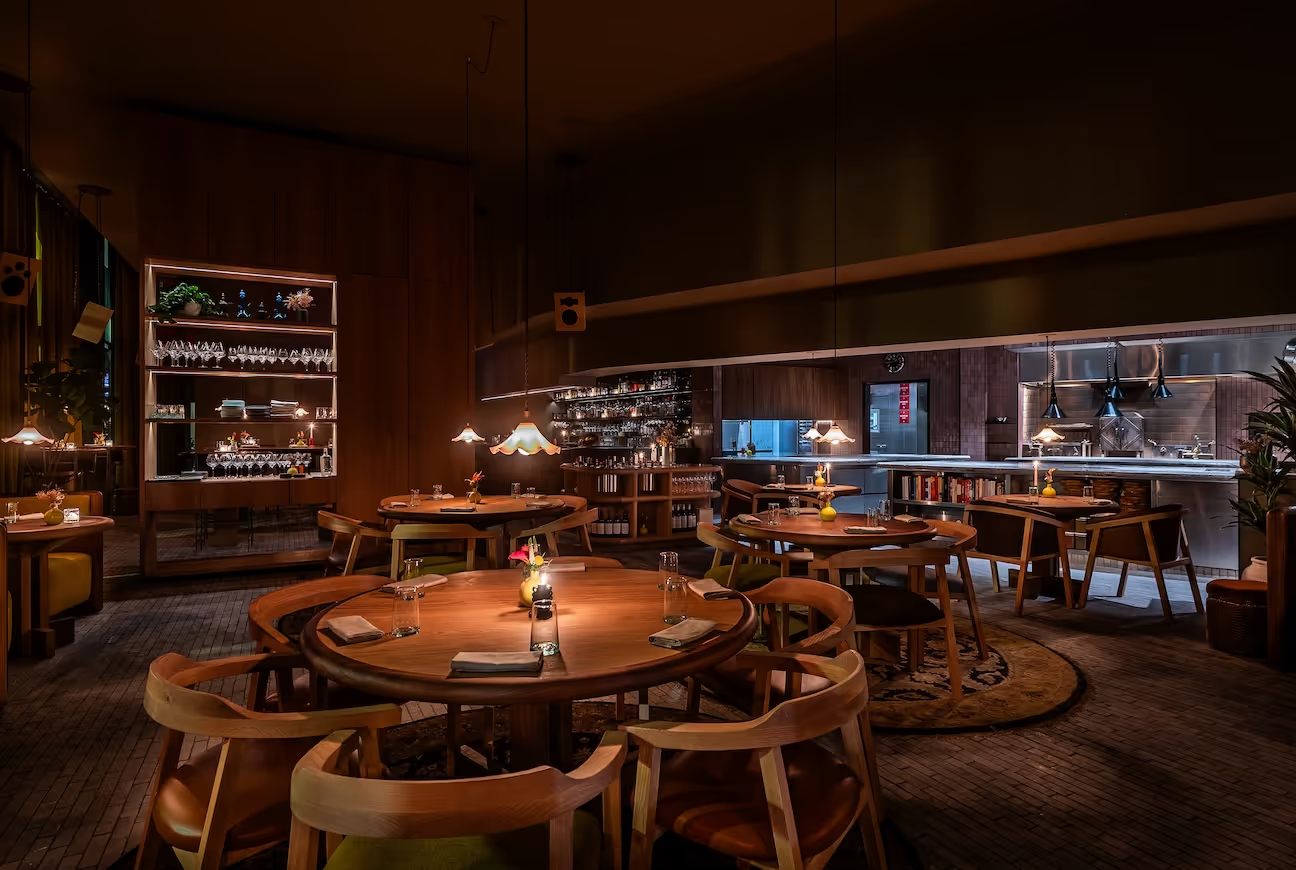
"If I were another on the road, I would not have looked back, I would have said what one traveler said to another: stranger! Awaken the guitar more! Delay our tomorrow so our road may extend and space may widen for us..."
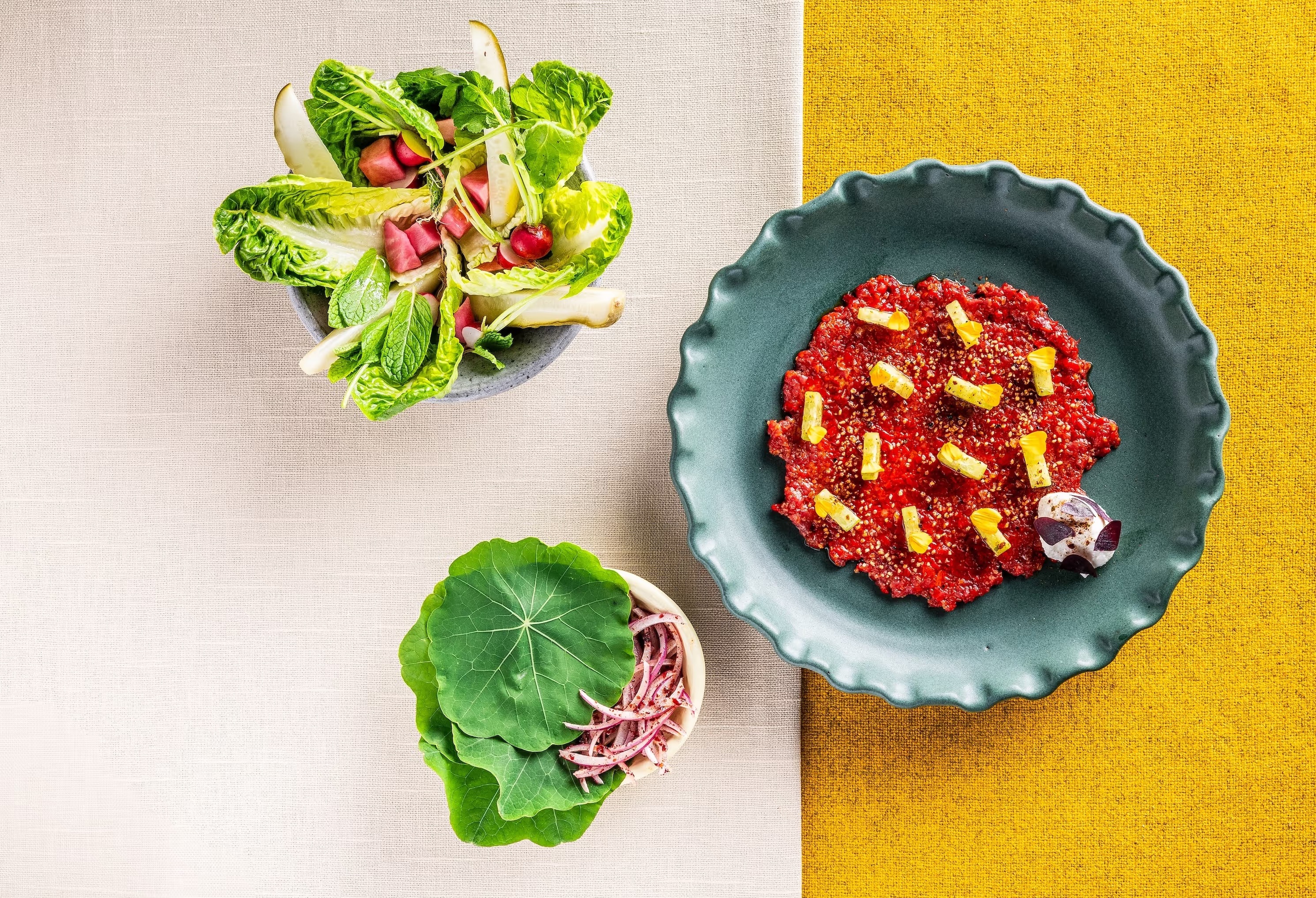
At Albi, the story of our cooking centers on the hearth - a tool and a link to the traditions of live-fire cooking. Nearly every dish passes through it in some stage of their preparation. Dominating the kitchen and visible from everywhere in the restaurant, the wood-burning hearth is essential as both the heart of the kitchen and as metaphor - a reminder of the basic elements of cooking, and of tradition.
Albi’s cooking is built on a Palestinian foundation and developed through constant exploration. Chef Rafidi and his team use peak-season Mid-Atlantic ingredients - Maryland crab, sweet corn, Chesapeake rockfish, and all manner of local produce, applying techniques rooted in live fire, fermentation, and spice. Dinner flows like a meal in an Arabic household, driven by the spirit of hospitality - an exchange of ideas, and a stream of colorful, flavorful dishes. Each plate at Albi reflects our goal - to translate tradition into something specific, contemporary, and entirely its own, to inspire conversation, and spark joy.
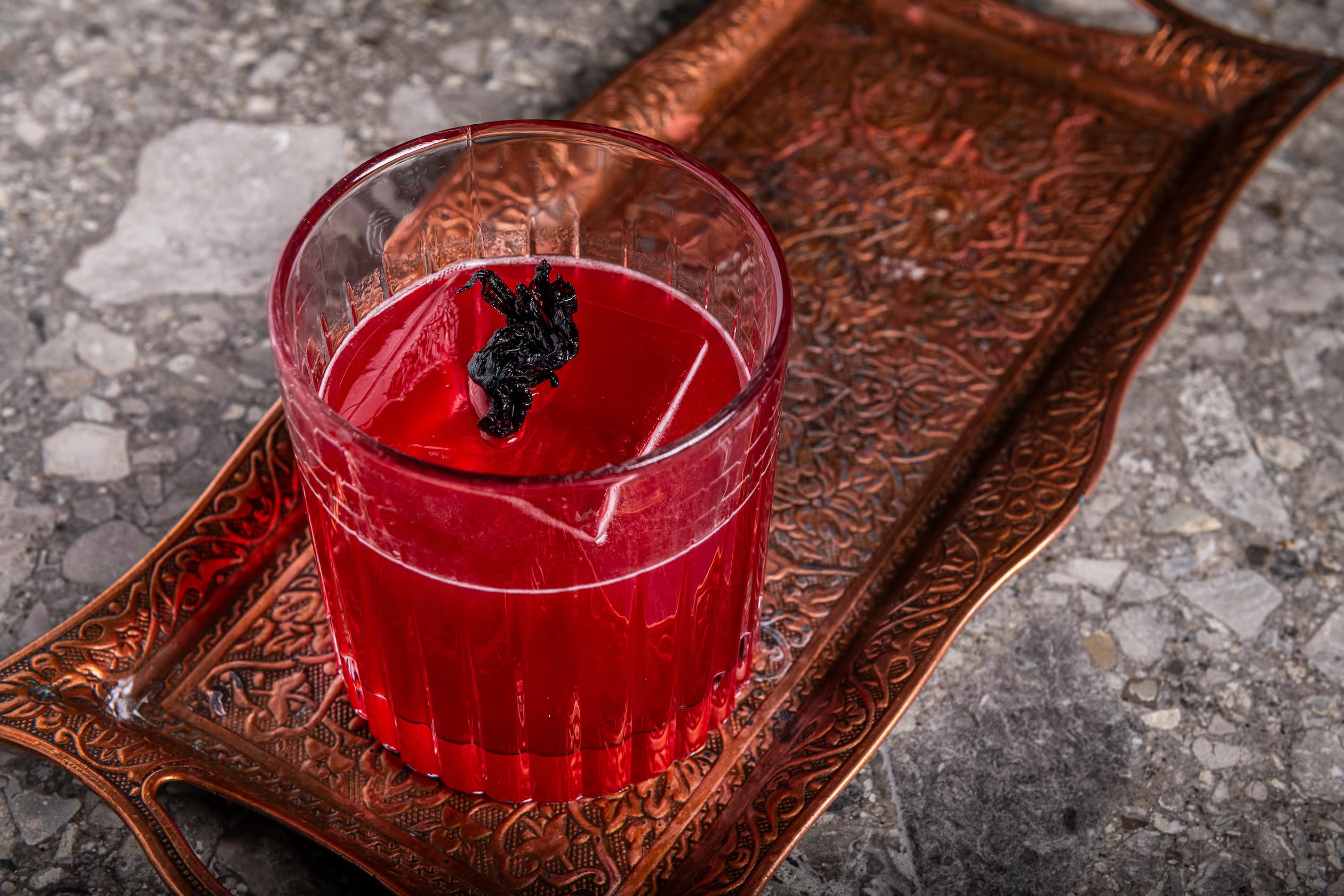
Also unique is Albi’s beverage program, which takes the same intuitive, expressive approach as the kitchen. Cocktails are introduced with poetic, often cheeky one-liners that suggest just enough to spark curiosity. The wine list, curated by William Simons, is built around tone and emotion rather than grape or region—grouped into categories like “Donnie Darko Reds,” “#UnapologeticallyClassicWhiteWines,” and a variety of mini-sections based on historical events, and movie titles. It’s designed to be explored, not decoded.
In addition to the stylistic sections, the list is anchored by sections dedicated to collections of wines from the Arabic-speaking world. Producers from Palestine, Lebanon, Syria (occasionally), and the Eastern Mediterranean - offer a chance to explore the significance of the vine in the region’s culture and tradition.
Since opening in 2020, Albi has continued to draw local and national recognition - included in Best New Restaurant lists from Robb Report, Esquire, and Eater.
Albi was named Eater DC's Restaurant of the Year in 2021, and in 2022, earned its first Michelin star—a distinction it has proudly maintained each year since. In 2024, Chef Rafidi was honored with the James Beard Award for Outstanding Chef, and Wine Director William Simons was named Sommelier of the Year by the Michelin Guide for Washington, DC. In 2025, Washingtonian recognized Albi as the Best Restaurant in D.C., and The Washington Post food critic Tom Sietsema selected it as his restaurant of the year. In addition, Albi was ranked #34 on the inaugural list of North America's 50 Best Restaurants.
In 2025, Albi undertook a full renovation to reflect its evolution. The space and the menus may have evolved, but the purpose remains the same: Palestinian cooking that is intuitive, emotional, and alive. Albi continues to remain focused on the idea of exploration - always looking to refine, to fine-tune, and to find something which yesterday was unknown. It is with this idea at its core, this commitment to discovery, that Albi continues its journey through Palestinian cooking.


